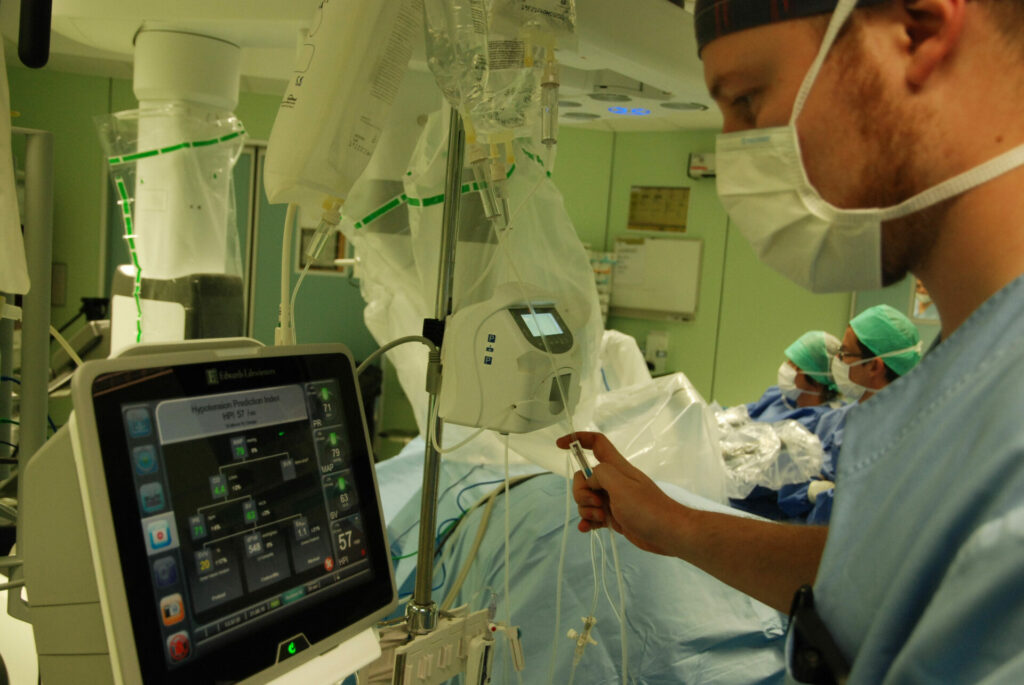The Federal Government has launched its national plan to develop artificial intelligence (AI) in Belgium, which aims to make the country a "Smart AI Nation."
From replacing animal testing with alternative digital techniques to driverless cars and faster research into diagnosis and treatment, AI is already becoming more prevalent in Belgium. A recent study showed that the vast majority of Belgian citizens believe AI can improve society.
In response to public and industrial demand, and to strengthen Belgium's standing in the field of AI, a national strategy has been developed based on nine objectives, each of which aims to strike a balance between innovation and protecting people's fundamental rights and privacy.
"This AI plan is an important step towards using artificial intelligence responsibly and on a human scale," said Petra De Sutter, Minister of Telecommunications.
"For example, we can ensure that algorithms do not lead to gender-based discrimination. The AI plan also aims to provide better services and protection to citizens."
A unified approach
AI refers to machines (generally computer-aided) that can respond to their surroundings without human oversight. By analysing their environment, they can perform various tasks with some degree of autonomy to achieve specific goals.
Before this latest plan was launched, each region had its own AI strategy, resulting in an overly fragmented digital landscape. The Federal Government recognised the need to align the different AI plans and set common ambitions to harvest the full breadth of innovations made possible by AI.
Related News
- EU politicians split between innovation and human rights in AI regulation bill
- MIT creates artificial neuron 1 million times faster than in human brain
"The artificial intelligence market has generated $60 billion in 2021; this will rise to $400 billion in 2028. Belgium should not miss out on this wave of innovation," Mathieu Michel, Secretary of State for Digitalisation and Protection of Privacy, stated.

